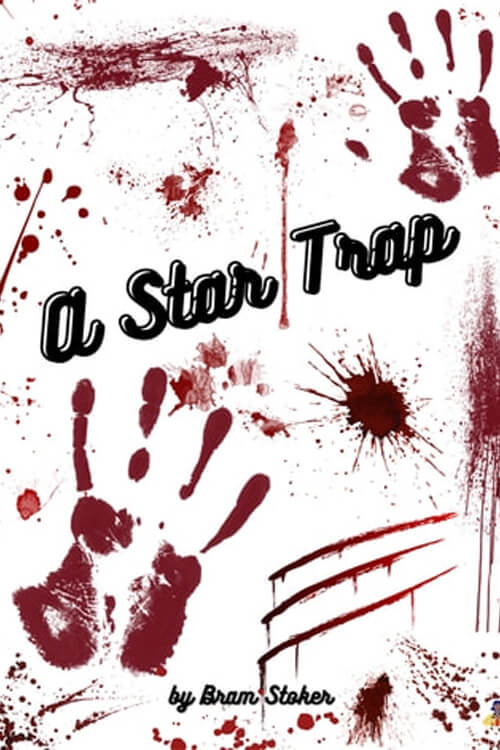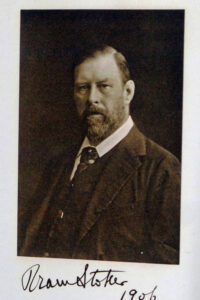
A Star Trap
“When I was apprenticed to theatrical carpentering my master was John Haliday, who was Master Machinist – we called men in his post ‘Master Carpenter’ in those days – of the old Victoria Theatre, Hulme. It wasn’t called Hulme, but that name will do. It would only stir up painful memories if I were to give the real name. I daresay some of you – not the Ladies (this with a gallant bow all around) – will remember the case of a Harlequin who was killed in an accident in the pantomime. We needn’t mention names; Mortimer will do for a name to call him by – Henry Mortimer. The cause of it was never found out. But I knew it, and I’ve kept silent for so long that I may speak now without hurting anyone. They’re all dead long ago that was interested in the death of Henry Mortimer or the man who wrought that death.”
“Any of you who know of the case will remember what a handsome, dapper, well-built man Mortimer was. To my mind, he was the most handsome man I ever saw.”
The Tragedian’s low, grumbling whisper, “That’s a large order,” sounded a warning note. Hempitch, however, did not seem to hear it, but went on:
“Of course, I was only a boy then, and I hadn’t seen any of you gentlemen – Yer very good health, Mr. Wellesley Dovercourt, sir, and center. I needn’t tell you, Ladies, how well a harlequin’s dress sets off a nice slim figure. No wonder that in these days of suffragettes, women want to be harlequins as well as Columbines.
Though I hope they won’t make the columbine a man’s part!”
“Mortimer was the nimblest chap at the traps I ever see. He was so sure of himself that he would have extra weight put on so that when the counterweights fell he’d shoot up five or six feet higher than anyone else could even try to. Moreover, he had a way of drawing up his legs when in the air – the way a frog does when he is swimming – that made his jump look ever so much higher.”
“I think the girls were all in love with him, the way they used to stand in the wings when the time was comin’ for his entrance. That wouldn’t have mattered much, for girls are always falling in love with some man or other, but it made trouble, as it always does when the married ones take the same start.
Read or download Book
Bram Stoker
Abraham Stoker (8 November 1847 – 20 April 1912) was an Irish author who wrote the 1897 Gothic horror novel Dracula.
Biography.
During his lifetime, he was better known as the personal assistant of actor Sir Henry Irving and business manager of the West End’s Lyceum Theatre, which Irving owned. In his early years, Stoker worked as a theatre critic for an Irish newspaper and wrote stories as well as commentaries. He also enjoyed travelling, particularly to Cruden Bay in Scotland where he set two of his novels.
During another visit to the English coastal town of Whitby, Stoker drew inspiration for writing Dracula. He died on 20 April 1912 due to locomotor ataxia and was cremated in north London. Since his death, his magnum opus Dracula has become one of the best-known works in English literature, and the novel has been adapted for numerous films, short stories, and plays.
Stoker was born on 8 November 1847 at 15 Marino Crescent, Clontarf in Dublin, Ireland. The park adjacent to the house is now known as Bram Stoker Park. His parents were Abraham Stoker (1799–1876) from Dublin and Charlotte Mathilda Blake Thornley (1818–1901), who was raised in County Sligo. Stoker was the third of seven children, the eldest of whom was Sir Thornley Stoker, 1st Baronet Abraham, and Charlotte were members of the Church of Ireland Parish of Clontarf and attended the parish church with their children, who were baptized there. Abraham was a senior civil servant.






